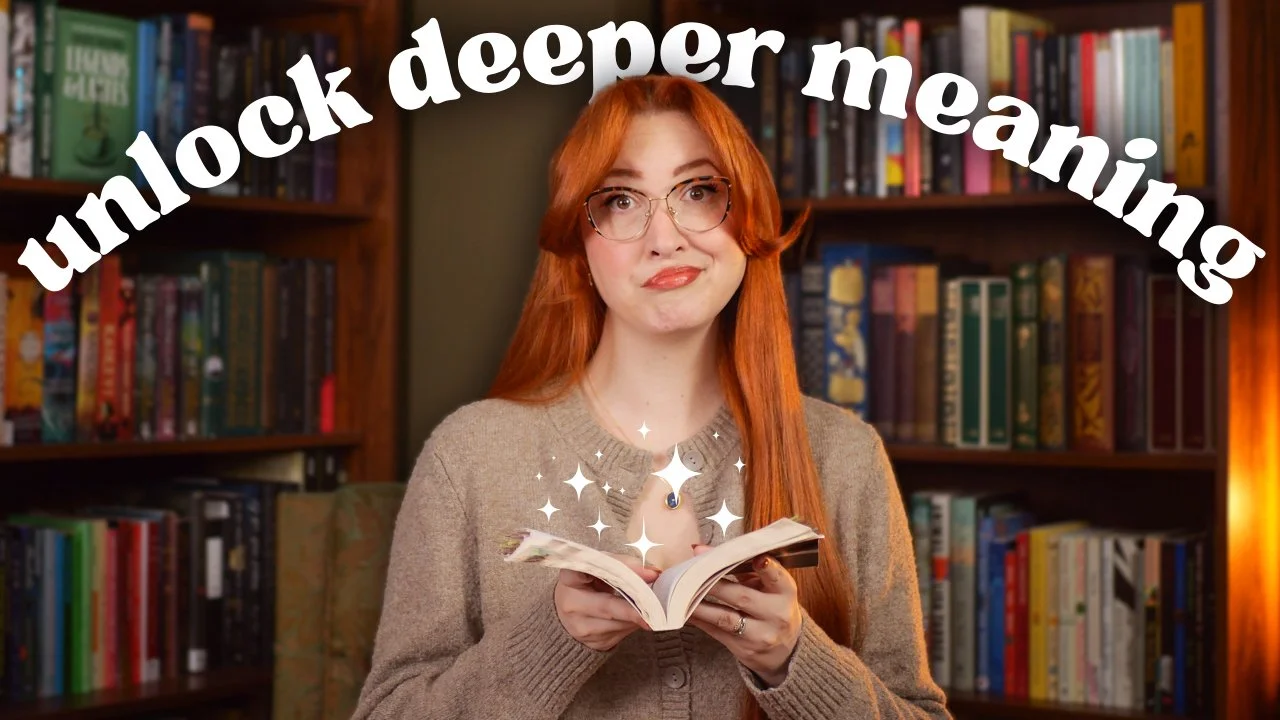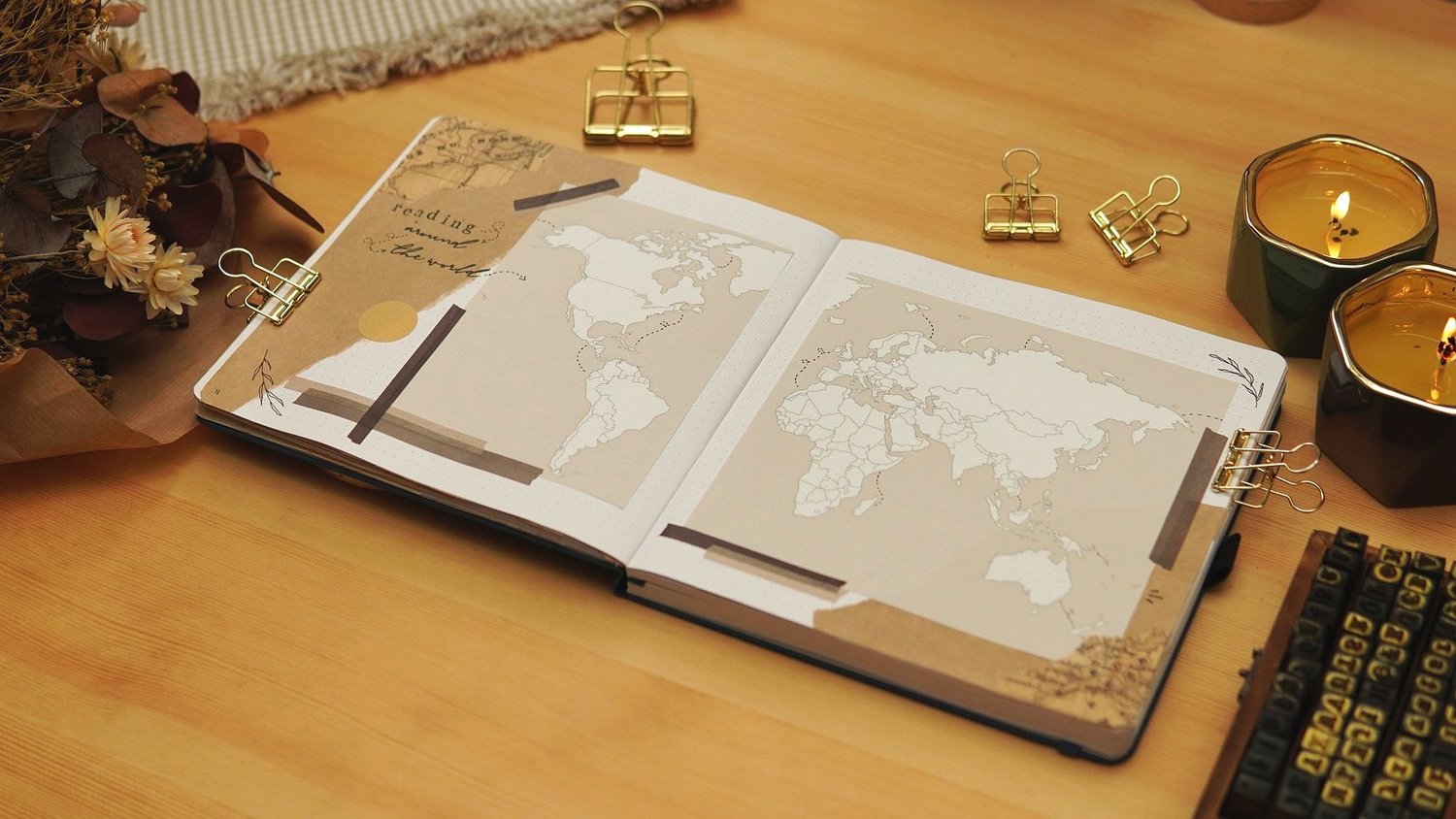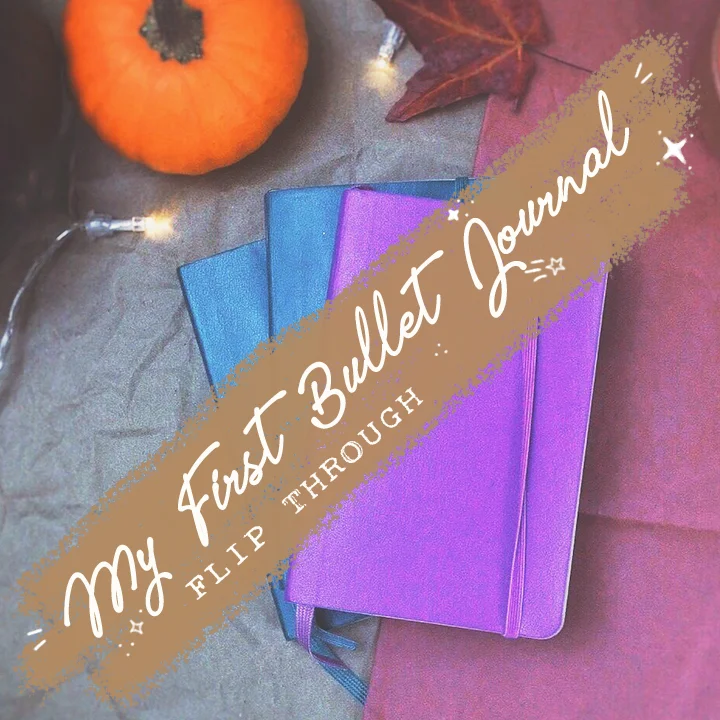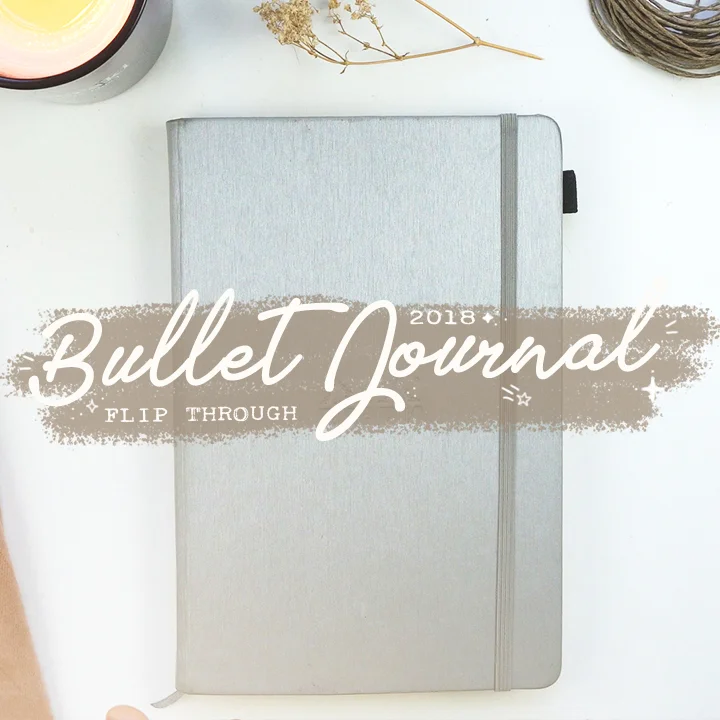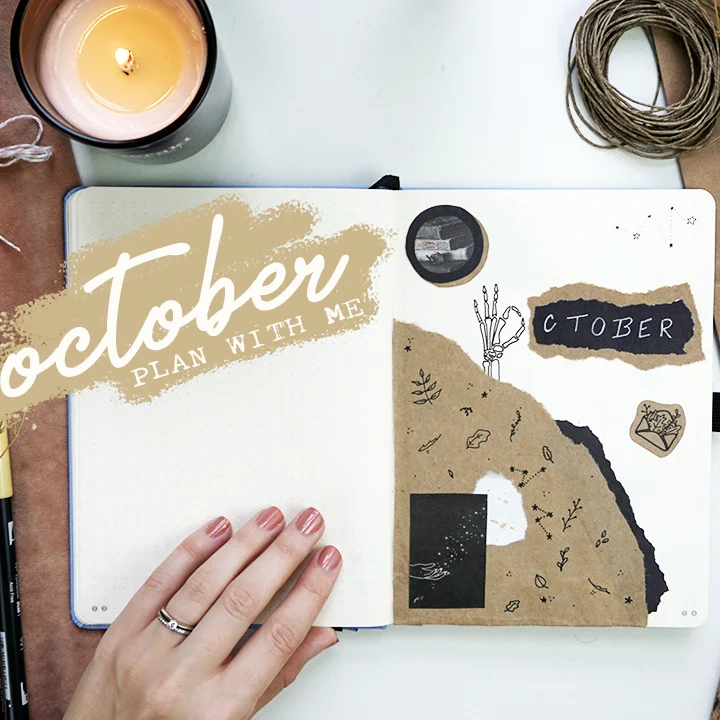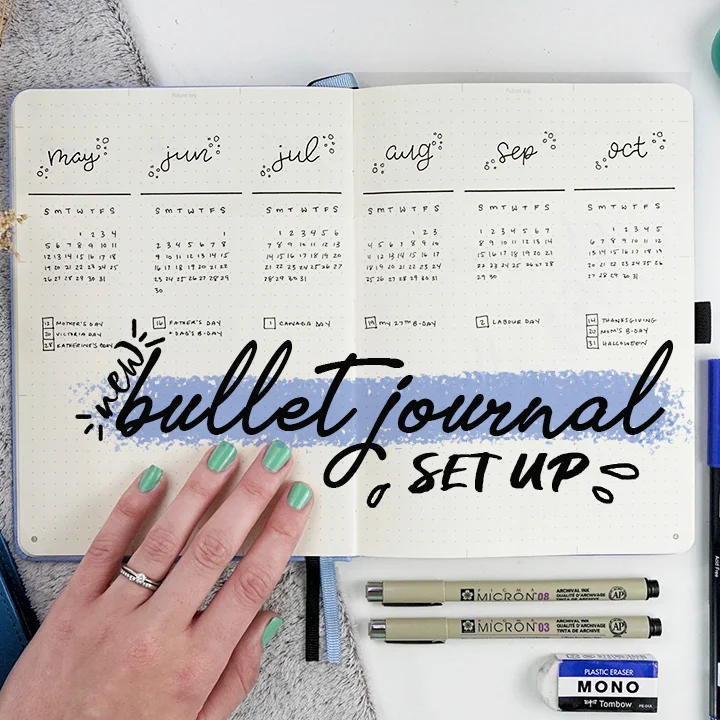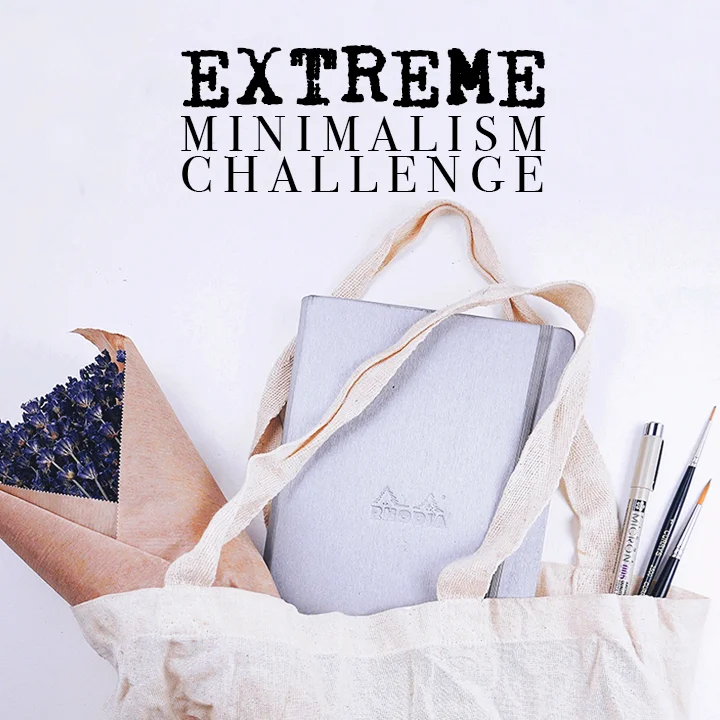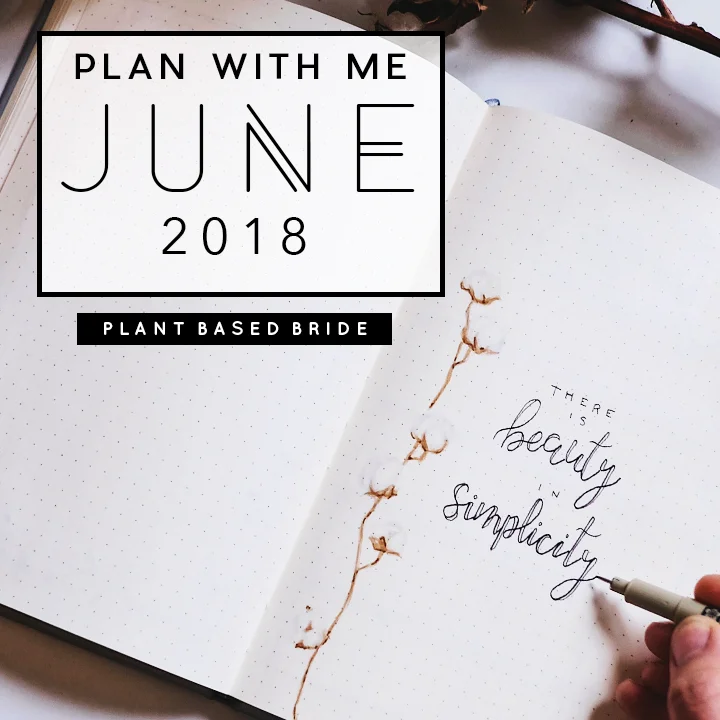Finding My Wedding Dress: No Silk, Please.
If you follow me on instagram you will already know that I have chosen my wedding dress! (cue the squeals) You will also know that the number one biggest struggle in finding my dream dress was the lack of vegan options. Or in other words, the abundance of silk. Not sure why you should care about silkworms? Neither was I. That was, of course, until I looked into the industry and really thought about what it's doing. And I want to share with you why you may want to rethink that silk blouse or snazzy silk bowtie you've been eyeing.
WHAT ARE SILKWORMS?
Silkworms are the larva or caterpillar of silk moths, or as they are scientifically classified, Bombyx mori. They are, therefore, young insects. They are also now extinct in the wild, existing only in captivity. They originally lived peacefully in northern China eating mulberry leaves and dreaming of unicorn moths and rainbows (presumably).
HOW IS SILK MADE?
Silk worms are raised on silk farms. The eggs are incubated for 8-10 days until tiny brown larva emerge. The larva are fed exclusively mulberry leaves for approximately a month as they grow from 3mm to 8 cm long and lighten in colour.
The silk worms are then ready to begin their transition from caterpillar to moth, and turn their efforts to weaving a cocoon. They do so using the "silk gland" below their lower lip to produce a sticky substance that hardens into silk thread when in contact with the air. They use this mechanism to form the skeleton of their cocoon, climb in, and finish it around themselves - using as much as 1 km of silk thread in the process. The cocoon goes from start to finish in about 4 days.
The sleeping caterpillar will become a pupa, and in the wild would finish its transition to moth, emerging from its cocoon to live another life. In the current silk industry, however, they are never given this chance. Once the cocoon is completed the pupae will be killed by extreme heat as their cocoons emerged in boiling water. The thread will then be reeled off, treated, and woven into silk fabric.
WEDDING DRESS SHOPPING
Wedding dresses have been made with silk for a very long time. It is viewed as a luxury fabric, and most brides want to feel luxurious on their wedding day. Silk is a beautiful fabric, in look and feel, and it is completely understandable that designers would wish to work with such a fabric to make their designs come to life.
But what can we do if we don't feel comfortable supporting the silk industry and yet want a beautiful gown?
My top tips for any vegan brides out there are as follows:
ONE Do your research.
This is an essential first step...
- Join a local vegan group online or off and ask any recently married women where they found their gown;
- Search online for vegan or eco-friendly designers with shops in your area, and;
- Find bridal boutiques that have a vast array of silk-free options by exploring their website and getting in contact with them to inquire.
The more research you do at the outset, the easier the entire process will go!
TWO Set your budget ahead of time and stick to it.
This isn't vegan specific, but it is VERY important. Just do it! Oh, and set your budget a couple hundred dollars below your max. You WILL need alterations, and they don't come cheap!
THREE Tell them upfront that you won't consider silk.
Once you've found a couple of shops with promising options you'll want to book your appointments. Be sure to tell them in that first communication that you are looking for silk-free gowns ONLY and will not consider buying a dress made with silk. Ask them (nicely!) if they can pull a selection of silk-free gowns or at least be able to point out during your appointment which options are available to you.
I didn't do this myself and very much regretted it, as I spent much of my short appointment time trying to figure out which dresses were and weren't vegan. Do yourself (and your associate) a favour and let them prepare ahead of time!
FOUR Don't be afraid to look into custom or vintage gown options.
If your perfect dress just isn't materializing, perhaps it's time to repurpose or get creative! A custom dress means you can get exactly what your heart desires, including the fabric choice. I seriously considered a custom gown before deciding on my dress, as many of my favourite pieces were just shy of perfect or were (unfortunately) not vegan friendly. A custom dress means every aspect is completely up to you!
Another great option is a vintage dress or a dress passed down in your family! In my opinion, buying a secondhand dress or repurposing one containing silk doesn't make you a "bad vegan". It doesn't contribute to the exploitation of silk worms and is reusing materials which is more eco-friendly, to boot!
If you are shopping in or around Toronto, I would whole-heartedly recommend Sash & Bustle! This is where I found my vegan gown, and they were very accommodating - sending me pictures of the material tags so that I could be triple sure that my top 2 were vegan, helping me find only the silk-free options, and being all-around awesome people.
A WORD ABOUT PEACE OR AHIMSA SILK
Some vegans see peace (or Ahimsa) silk as the perfect option to fulfill all their silk desires. While I will leave you to make up your own decision on this one (and I would love to hear what you think in the comments) I personally do not feel this is a compassionate option. Yes, the pupae are spared and allowed to hatch. But no, it is not a process free of killing. While the moths who emerge from their silk cocoons will be allowed to live and bread millions of their offspring will die, only they will die of starvation and dehydration approximately one day into their lives rather than of heat exposure within their cocoons.
This is the most comprehensive article I have read that expresses my opinion on this topic, I urge you to give it a read!
I know this is a tough one for many people to grasp, and I understand, truly. We don't know if insects can feel pain, and may never be able to determine the truth one way or the other. But what we DO know is that silk worms have just as much right to live out their lives as we do. If their deaths were a necessary sacrifice for our survival, I would likely come down on a different side of this argument. But as I have never heard anyone make a convincing argument for why silk is required for survival, that hypothetical has no bearing on real life.
While I sympathize with those who make a living in the silk trade, I would urge them to support their families through work that doesn't exploit innocent beings, and for those of us who are lucky enough to have been born into a more privileged life to help create those opportunities.
If we all work together, this amazing planet we call home could be a place of solidarity, compassion, peace, and acceptance - for every creature, whether they be big or small.
Until next time,
I REALLY want to know what your thoughts are on this topic. Let me know in the comments below!




